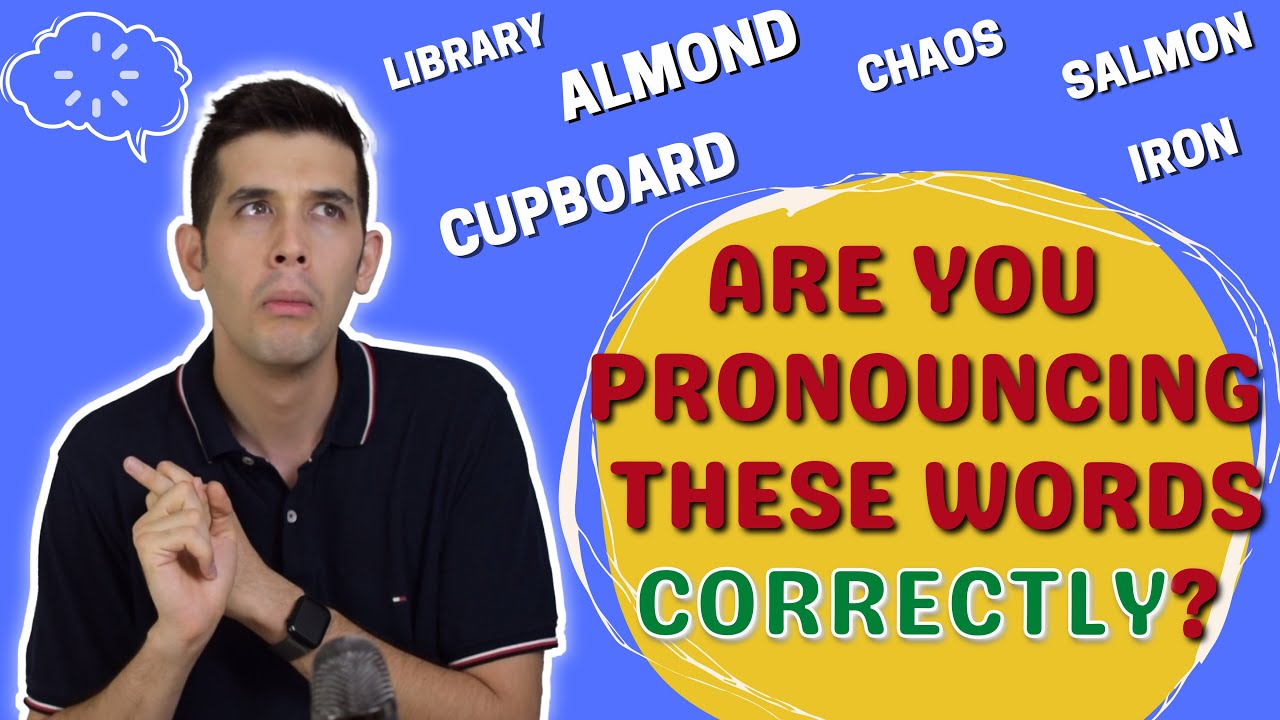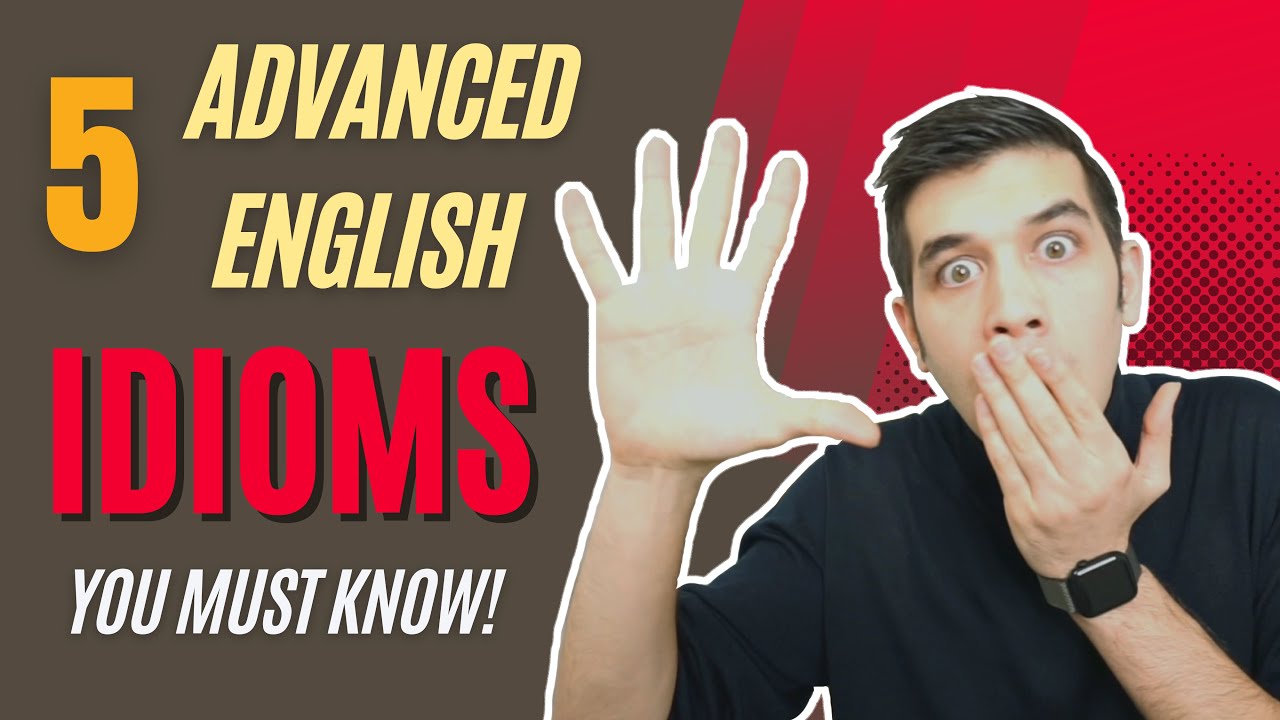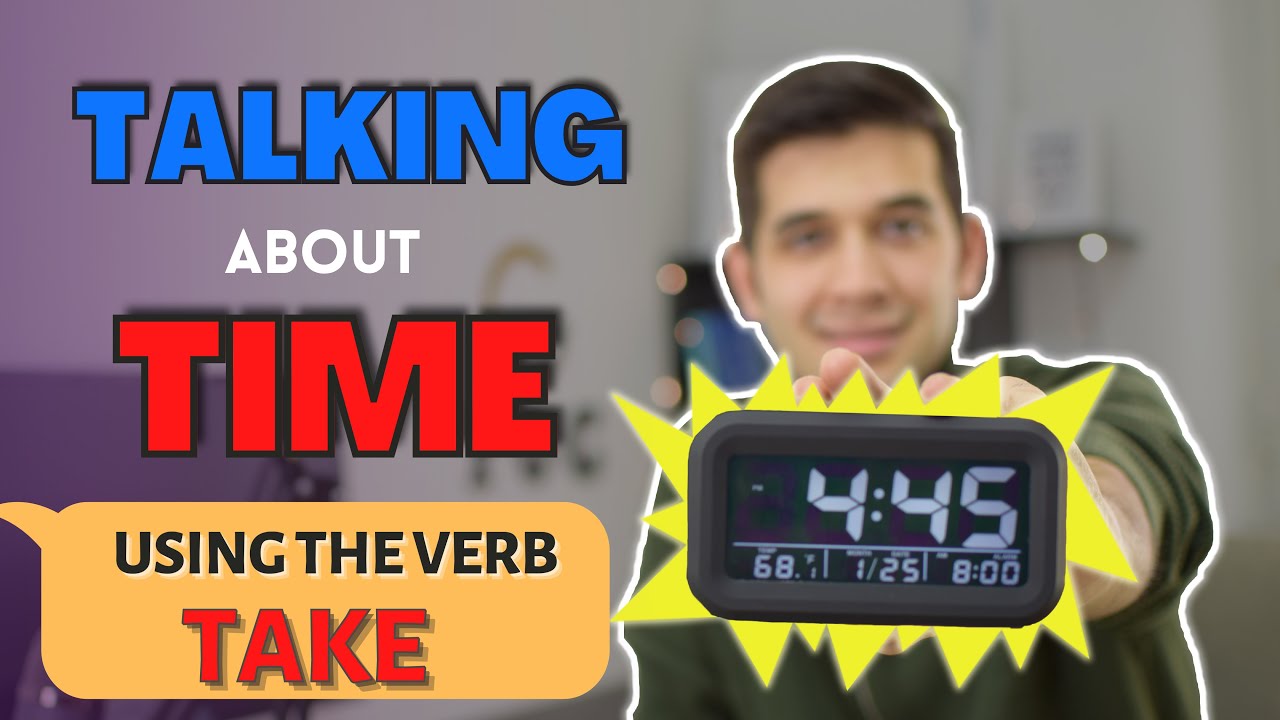Are you familiar with the several ways of asking for and giving advice in different situations? Have you ever been in a situation where you want to give some consultation to your friends and family and wondered how should I do that? In other words, do you know the rules of asking for and giving advice in English?
Since asking for and giving advice is widely used in daily conversations, that’s why I choose to focus on this topic in this lesson. In this article we will cover the grammar and common phrases related to this topic. So stay with us.
What are the goals of this lesson?
✅ Improve English speaking skill
✅ Learn the ways of asking for and giving advice
✅ Learn how to react to somebody’s advice
1. Asking for and giving advice grammar note
As I always emphasize this fact that “there is no speaking without grammar and vocabulary”, you should know by now that these two elements are very crucial to your speaking skill. In order to communicate with native speakers, you have to level up your vocabulary and grammar skills first. For example, making requests in English in the correct way requires knowing the related phrases and vocabs and memorizing them to use in conversations. In other words, first you should know how to improve English grammar and then try to take your speaking skills to the next level! Therefore, stay with us in the rest of this article to learn the grammar and vocabulary related to asking for and giving advice !
Talking about advice
Let’s start with the word “advice”. The first important thing that you need to pay attention to is this word’s pronunciation (/ədˈvaɪs/).
“Advice” is an uncountable noun (which means that you cannot say “one advice, two advice). If you want to talk about only one advice, you can say “a piece of advice” (an advice or advices are wrong).
“Advice” is an uncountable noun (which means that you cannot say “one advice, two advice). If you want to talk about only one advice, you can say “a piece of advice” (an advice or advices are wrong).
You either give advice or ask for advice. For example:
–May I ask your advice about something?
-Certainly. I’m always happy to give advice when asked for it.
Advice as a verb that is used in asking for and giving advice sentences
The verb of advice is “advise”. Have an eye on the pronunciation difference(/ədˈvaɪz/). So, you either ask for advice, give somebody advice or advise somebody.
2. Ways of asking for advice
For asking for advice, there are two main question forms you can use.
A. What do you….
With this question, you can form the following sentences:
- What do you suggest?
- What do you advise me to do?
- What do you think I should do?
For example:
– I’m always tired. I don’t know what to do → What do you suggest?
–I always have a splitting headache! → What do you advise me to do?
–I’m gaining a lot of weight. → What do you think I should do?
B. What would you do….
There is a trick to pronouncing this sentence more professionally and native-like. If you’ve forgotten it or you haven’t seen the video yet, click here.

English pronunciation practice
With this question, you can form the following sentences:
- What would you do if you were me?
- What would you do in this situation?
For instance:
-I’m lonely and I cannot make new friends. → What would you do if you were me?
-My best friend is lying to me. → What would you do in this situation?
3. Ways of giving advice
Now that we know about the ways of asking for advice, we must learn how to give advice.
A.To ask a question ending in gerund.
The first way of giving advice or suggesting something to somebody is to ask a question ending in gerund.
Gerund: verb + ing
As an example: swimming, going, sitting, waiting, etc.
With this form, you can make the following sentences:
- Have you thought about + gerund?
- How about + gerund?
- Have you tried + gerund?
For example:
–Have you thought about going to the doctor?
-How about going to the doctor?
-Have you tried going to the doctor?
-Have thought about drinking more coffee?
-How about visiting a doctor and getting a health check-up.
-Have you tried going on a diet?
B.To use a sentence ending in gerund
The second way of giving advice or making a suggestion is to use a sentence ending in gerund.
With this form, you can make the following sentences:
- You might want to consider + gerund
- You might want to think about + gerund
For instance:
–You might want to consider going to the doctor.
–You might want to think about going to the doctor.
–You might want to consider joining a club or going to a gym to meet some new people.
There are so many different ways of making suggestions or giving advice. But in this lesson, you are learning the most common way. Let’s learn 3 more together:
- It might be a good idea to…
- Why don’t you….
- If I were you I would….
For example:
-It might be a good idea to go to a doctor.
-Why don’t you go to the doctor?
-If I were you, I would go to the doctor.
-It might be a good idea, to be honest with him and talk to him about it. after all, he is your best friend.
Learn more: Do you know how to use the verb “TAKE” to talk about time? Follow the link below to learn about it:
talk about time in English
4. Reacting to the given advice
Now that we know the ways of asking for and giving advice , it’s time to react and learn what should we do if somebody gives us a piece of advice. Reacting means that we should say whether we think it was a good piece of advice, a bad piece of advice, or we are not sure it can be good or bad.
Reacting positively
If you want to react positively to a piece of advice you can say:
- That’s not a bad idea
- That’s a good idea
- I like that idea.
- I hadn’t thought of that
For example:
–That’s not a bad idea. I’ll give it a try.
-Well, I haven’t thought of that. I should book an appointment with my doctor.
Reacting uncertain
The advice you receive can’t always be a good one. Sometimes you might not be sure if that piece of advice was good or bad. In this case, you can say:
- I’m not sure about that
- I’m not really sure that would work
- That might work
- Do you really think that’s a good idea?
For instance:
– I’m not really sure that would work. You see I love eating.
– Do you really think that’s a good idea? What if I cannot do it?
Reacting negatively
In certain cases, the advice you are given is not good at all and you want to disagree with it completely. You can use these sentences:
- I don’t really like that idea
- I can’t do that
- That’s easier said than done
For example:
–That’s easier said than done. I hate confrontation, especially with my best friend.
5. asking for and giving advice dialogue
Knowing how to ask for advice, give advice and react to them, it’s time to see 5 examples.
Asking for and giving advice examples : number 1
– I’m always tired. I don’t know what to do. What do you suggest?
– Have you thought about drinking more coffee?
– That’s not a bad idea. I’ll give it a try.
Asking for and giving advice exercises : number 2
– I always have a splitting headache. What do you advise me to do?
– How about visiting a doctor and getting a health check-up? Have you tried going on a diet?
– Well. I haven’t thought of that. I should book an appointment with my doctor.
Asking for and giving advice examples : number 3
– I’m gaining a lot of weight. What do you think I should do?
– have you tried going on a diet?
– I’m not really sure that would work. You see, I love eating.
Read more: Learn about the ways of talking about the future in English.
Asking for and giving advice exercises : number 4
– I’m lonely and I cannot make new friends. What would you do if you were me?
– You might want to consider joining a club or going to a gym to meet some new people.
– Do you really think that’s a good idea? What if I cannot do it?
Asking for and giving advice examples : number 5
– My best friend is lying to me. What would you do in this situation?
– It might be a good idea, to be honest with him and talk to him about it. after all, he is your best friend.
– That’s easier said than done. I hate confrontation, especially with my best friend.
6. Asking for and giving advice practice
In this section, you are going to be a part of a conversation. I’m going to share with you 3 problems that I have and you should think about them and come up with a good piece of advice.
- My neighbor is having a loud party upstairs, what do you think I should do?
- My wife wants to get a cat but I want to get a dog. What would you do if you were in this situation?
- My son wants to study art. I want him to become a doctor. What do you advise me to do?
If you want me to check your answers, you can comment under this video.
Conclusion
Giving and asking for advice is an important pillar of each conversation. If you master it, your speaking will be improved a lot. It will take some time and a lot of practice, but hard work always pays off!
As we mentioned in this article, the first step to being able to communicate with native speakers is to improve your English skills. The POC English online English course covers all skills for beginner, intermediate and advanced level students. We recommend you to take this great course and see the results!
If you are going to get a high score in the IELTS exam, taking the POC English online IELTS course is also a great choice for you. Learn English step by step with an experienced teacher and speak fluently like native speakers.



















1.I think you should tell your neighbor to low the music.
2.I would advice you to buy both.
3.I think you should let him be himself.
Should I repeat myself.
i love your english course
1- I suggest to ask to down the volume.
2- Until get a mutual consent, you should get a fish.
3- If I where you go through both careers to explore the benefits and weaknesses.
What about English continuous writing which is letter, email, essay, dairy